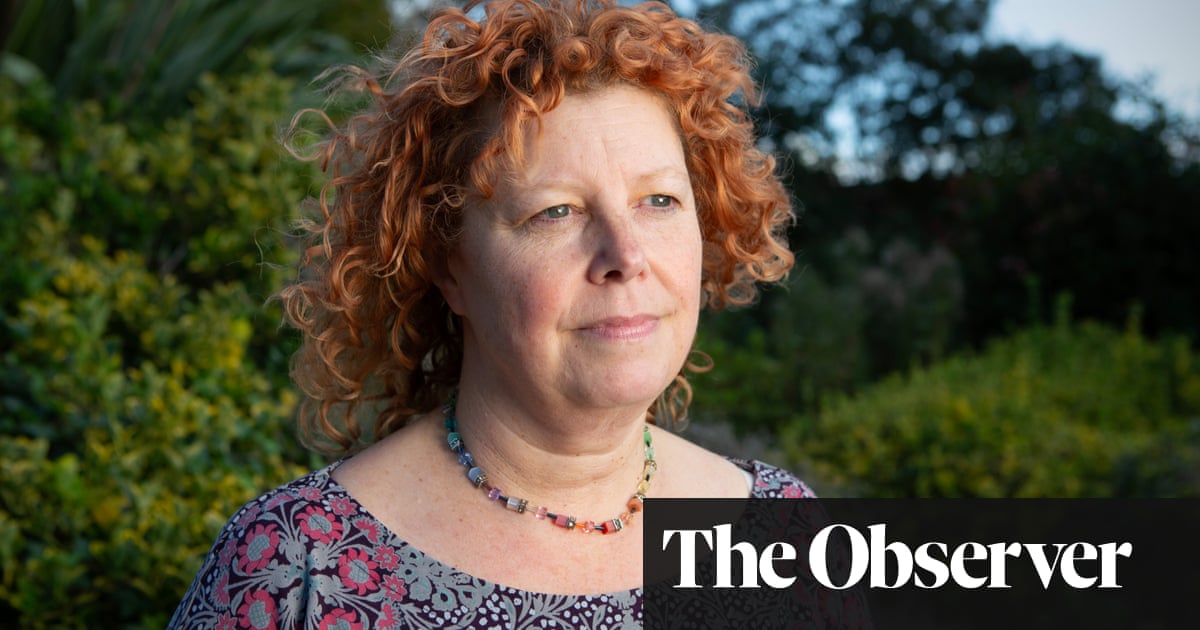
Hospital leaders have directly attacked the government for the first time during the coronavirus crisis over the shortage of personal protective equipment (PPE) after a desperately needed consignment of surgical gowns that had been announced by ministers failed to arrive.
In an unprecedented intervention, which hospital leaders privately say is the result of “intense frustration and exasperation”, the organisations representing NHS trusts in England urged ministers to “just focus on what we can be certain of” after weeks of “bitter experience” with failed deliveries.
The NHS Confederation and NHS Providers spoke out amid continuing alarm that shortages of equipment will soon have disastrous effects on the frontline, with representatives of intensive care staff warning on Sunday that the critical shortage of PPE could lead to some people refusing to continue working there.
After the Guardian revealed on Friday that doctors and nurses had been asked to work without protective full-length coverings and to instead resort to aprons, cabinet minister Robert Jenrick promised that 84 tonnes of PPE, including 400,000 much needed surgical gowns, would arrive from Turkey on Sunday.
But after that shipment was delayed without explanation, hospital chiefs’ frustrations boiled over. “Tens” of trusts are now at risk of running out of gowns over the next few days unless fresh supplies can be found, a well-placed NHS source said.
After previous examples of promises of shipments that either did not arrive or contained the wrong items, NHS Providers – the representative body for hospital trusts – wants ministers including the health secretary, Matt Hancock, to stop talking about expected deliveries in public and only announce them once they have arrived.
Shipments trailed in advance that do not arrive increase anxiety among frontline staff and make it harder for hospitals to plan how best to keep their doctors and nurses from getting infected, bosses said.
“We have, over the last 24 hours, seen an unhelpful focus on one individual consignment coming from Turkey. We are told that this consignment is still stuck in Turkey with no certainty, at the time this comment was issued, on how many gowns, if any, will leave for the UK, [and] when,” said Chris Hopson, chief executive of NHS Providers.
“Given the current uncertainties over gown manufacture and supply, due to global shortages, we suggest that any future announcements on what gowns might be available for delivery, when, just focus on what we can be certain of.”
“Bitter experience in recent weeks has shown that promised consignments of gowns cannot be relied on until they come, are checked and found to contain the right kit,” he added. “For example, a consignment of 200,000 gowns that arrived from China last week actually contained only 20,000 gowns. This follows previous instances of consignments of gowns being mislabelled and failing safety tests.”
Trust leaders privately admit that they are desperate to acquire more full-length waterproof surgical gowns. Hospitals have expressed gratitude to local vets, fire brigades, police forces, councils, DIY shops and builders’ merchants after being forced to ask them to hand over their stocks of gowns. One received 2,000 from a nearby veterinary supply firm.
On Friday Hancock told MPs on the Commons health and social care select committee that 55,000 more gowns were due that day. They arrived as expected and were distributed to hospitals over the weekend. However, NHS officials pointed out that, with hospital staff in England using 150,000 gowns a day, they constituted barely eight hours’ supply.
London hospitals are getting through 30,000 to 40,000 a day and major teaching hospital trusts, such as Addenbrooke’s in Cambridge and University Hospitals Birmingham need to use 3,000 to 4,000 each day, such is the demand caused by the pandemic.
Niall Dickson, chief executive of the NHS Confederation, which also represents hospital trusts and other NHS providers, said the non-arrival of PPE from Turkey was “very serious” and made a difficult situation worse. “It would have been better had the government not made the announcement in the first place,” he said. “We know shipments in this supply chain are unreliable and even when they do arrive they are not always what is expected. In future the NHS will expect announcements when supplies have arrived, not promises about what may or may not be delivered.”
Echoing Hopson’s concern, Dickson added that unfulfilled promises from ministers about PPE caused problems.
“We accept that this is difficult for everyone, but we now need action, not words. There was already a loss of confidence and real anxiety across the NHS and care system around PPE supply. This will have been further eroded by what has happened this weekend. It will not be restored until we have a stable supply chain and certainty that staff will be given what they need when they need it. At the moment we are a long way from that point.”
As the number of NHS staff who have died from coronavirus rose to 77, Dr Chaand Nagpaul, leader of the British Medical Association, said: “This really is a matter of life and death. In what is an incredibly challenging time, doctors and healthcare staff should feel as equipped and supported as they need to be able to deliver care for patients. Instead, they are left fearful for their own health and safety – this is shameful.”
The Intensive Care Society, Faculty of Intensive Care Medicine, Royal College of Anaesthetists and Association of Anaesthetists joined a growing medical backlash against new PPE guidelines issued by Public Health England on Friday. In a joint statement, they said concern about lack of PPE was so great that some doctors may decide not to take the risk of treating infected patients.
They said that, given the flaws in PHE’s advice, “We think clinicians should carefully evaluate the risks before taking a decision about whether to provide care, and should discuss a decision not to provide care with a colleague.
“If shortages continue or worsen, our members will face increasingly difficult decisions. This will involve balancing the safety of patients against their personal safety and that of other staff, those they return home to after work, and patients they may treat in the future.”
The Department of Health and Social Care said: “Adequate supply of protective equipment is an international issue facing many countries during this global pandemic. Our stockpiles and planning have allowed us to deliver nearly 1bn pieces of protective equipment to the frontline so far. We continue to work around the clock to give the NHS and the wider social care sector the equipment they need.”












